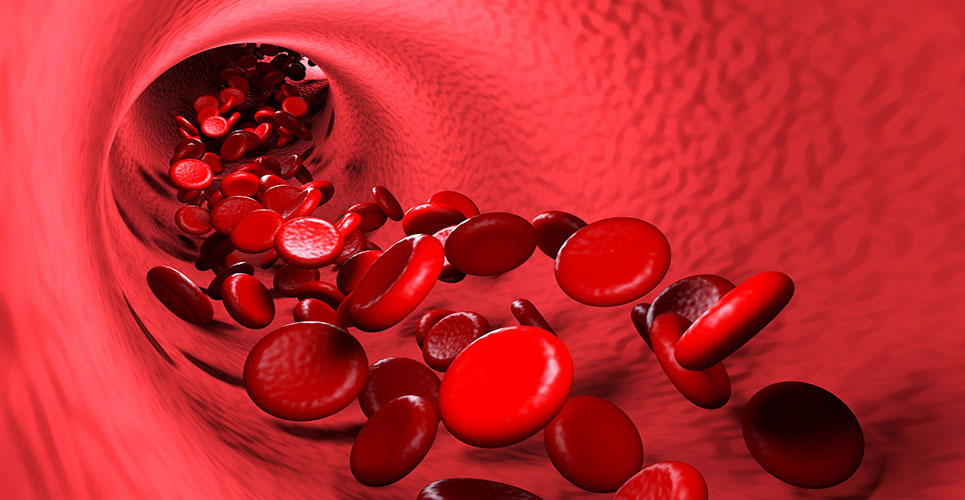teaser
A large meta-analysis of patient-level data has found that low-doseaspirin given to pregnant women at risk of pre-eclampsia modestly butconsistently reduced risk of adverse outcomes.
Pre-eclampsiaaffects 2–8% of pregnancies and can severely affect mother and baby.The cause is not yet known, but clotting and platelet-functionabnormalities suggest potential for benefit from antiplatelet drugs.Results of 20 years of studies have not been clear-cut. Previousreviews suggest a benefit overall, but controversy remains.
Theauthors of this meta-analysis aimed to use data from as many trials aspossible in a bid to clarify the situation. After a comprehensiveliterature search using a regularly updated secondary database,eligible studies were selected: randomised controlled trials involvingwomen at risk of pre-eclampsia treated with the aim of primaryprevention using one or more antiplatelet agents, against controls ofplacebo or no treatment. Only patients in primary prevention arms wereanalysed.
Variables were pre-specified, with anonymiseddata for patients in eligible trials requested from the originalauthors. Four primary outcomes – pre-eclampsia, death in utero orbefore discharge, delivery before 34 weeks’ gestation and infantundersized – were combined as an additional composite outcome,”pregnancy with serious adverse outcome”. Results were analysed on anintention-to-treat basis, but analysis per outcome was limited totrials having at least 80% of data available for that outcome.
Ultimately,31 trials (32,217 women, 32,819 babies) were analysed. In 27 trials,aspirin was given alone (50–150mg daily). Three small trials used otherantiplatelet drugs alone and three aspirin and dipyridamole incombination. Half the women included were in their first pregnancy, 70%were aged 20–35, 90% had at least one risk factor and 8% developedpre-eclampsia.
Treatment with an antiplatelet agent wasassociated with a small but robust drop in relative pre-eclampsia risk(RR 0.90, 95% CI 0.84–0.97, p=0.004) and birth before 34 weeks’gestation (RR 0.90, 95% CI 0.83–0.98, p=0.011). There were similarreductions in risk of composite outcome (RR 0.90, 95% CI 0.85–0.96,p=0.001). Maternal outcomes were similar for the two groups, with nosignificant rise in bleeding in the antiplatelet group. Analysesrevealed no subgroup having particular benefit.
The authorssay the data show that treatment with an antiplatelet drug, mainlyaspirin, reduces risk of pre-eclampsia and some adverse outcomes byabout 10%. It is not possible to determine from the available datawhether any particular subgroup benefits, although as the riskreduction is relative, absolute benefit will depend on a woman’sunderlying risk. The trials recruited mainly women at low to moderatepre-eclampsia risk, so data for women at high risk are limited. Theanalysis does not suggest aspirin treatment is associated withsignificant adverse effects, but as some data on postpartum haemorrhageare uncertain, this outcome should be treated cautiously.
Lancet, published early online 18/5/2007

